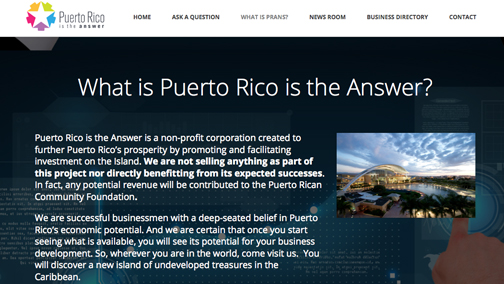
With the goal of stimulating the investment of national and foreign capital, a group of Puerto Rican experts in the fields of finance and economy have come together to create action-tank “Puerto Rico is the Answer,” to drum up investments for the island.

The recession that has affected Puerto Rico’s economy for the better part of the last eight years has not been consumption-driven, but has been the worst in terms of consumption deceleration, especially in the area of durable consumption, an analysis by economist firm H. Calero Consulting Group Inc. concluded.

Under the theme “Window of Opportunities,” the Puerto Rico Hotel and Tourism Association will celebrate its annual convention Sept. 8-10 at the Condado Plaza Hilton hotel, during which it will focus on the industry’s contributions to the island’s economic development.
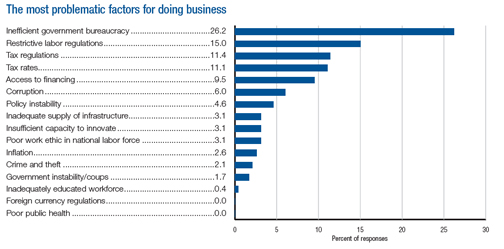
Puerto Rico improved its standing in the World Economic Forum’s annual Global Competitive index, taking 32nd place in the 2014-2015 list and climbing two notches from last year.

Several decades after the term was first tossed around as a potential revenue-generator for Puerto Rico, high-ranking government officials announced Tuesday the start of a formal effort to develop medical tourism as an economic sector for the island.
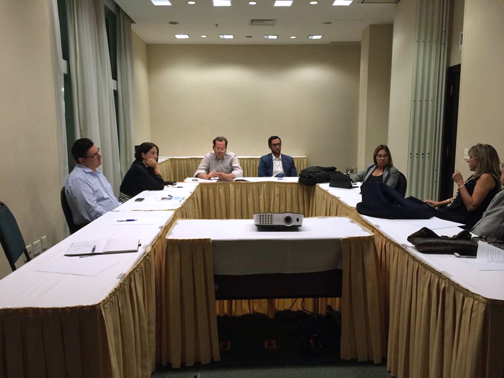
With a business development agenda in hand, Puerto Rico Industrial Development Company Executive Director Antonio Medina-Comas will participate this week in the Iberoamerican Economic Congress taking place in Sao Paulo and Brasilia, in Brazil.
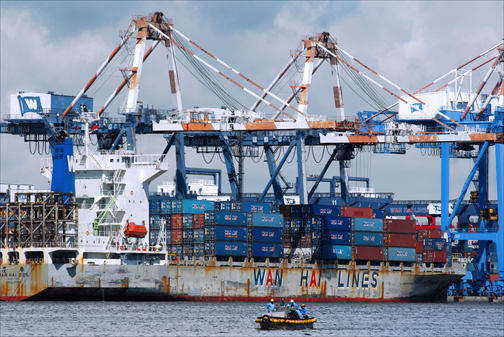
TAIPEI — Both are relatively tiny islands that have complicated relationships with the giant superpowers that claim them. Both use tax incentives to lure U.S. factories to their shores — despite the absence of full-fledged embassies in Washington — and the political status of both islands is a never-ending source of debate among local voters.
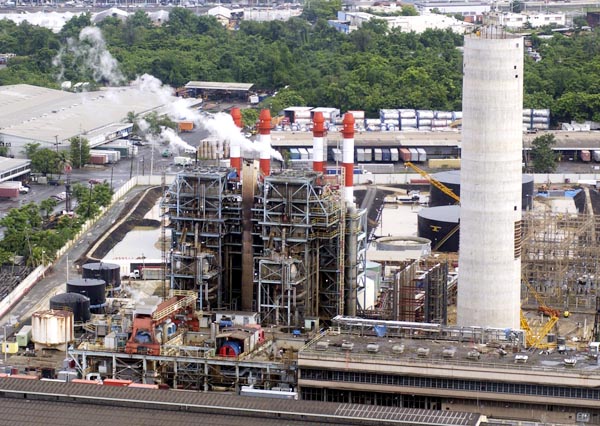
The island’s electricity costs — significantly high in comparison to most competitive economies — could be solved by making a series of difficult choices to fix the Puerto Rico Electric Power Authority’s escalating problems and take advantage of a new energy order that is driving down prices around the globe.
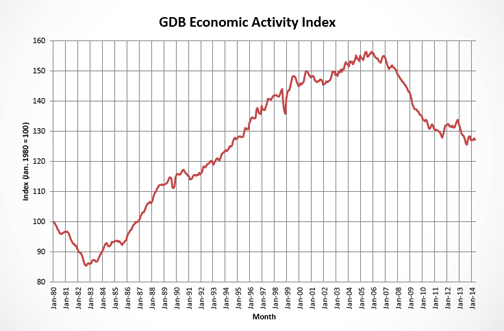
Puerto Rico’s economic activity index for the month of June showed a 1.0 percent year-over-year reduction, after showing a 1.1 percent YOY decrease in June 2014.
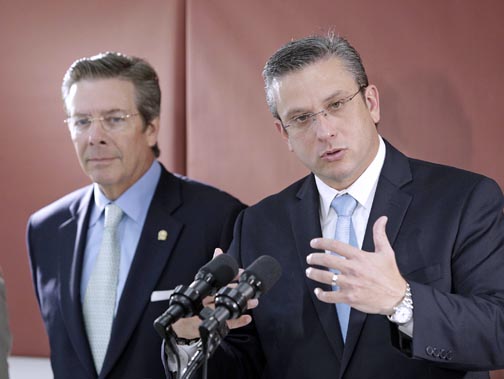
Gov. Alejandro García-Padilla and members of his fiscal team faced investors during a webcast Thursday, during which they defended the administration’s strategy thus far to turn around the island’s grim financial situation.

Stabilizing Puerto Rico’s $70 billion debt as a share of its income and reducing it to more sustainable levels should be a key goal of the island’s fiscal and economic policy, New York Fed CEO William Dudley said during a presentation to the CPA Society on Tuesday.

Pittsburgh, PA — Music and sports are two pursuits that cross borders and link cultures. This weekend, this northeastern city relied on both to convey its desire to boost diversity and attract more Latinos, which are significantly underrepresented in this community.
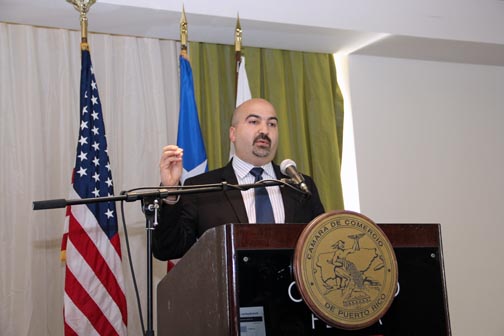
Puerto Rico’s chronic inability to fully tap into federal funding has short-changed the island out of millions in competitive grants and loans available for a cross-section of activities, a top government official said recently.

More than 1,000 players from 21 countries will converge in San Juan participate in the 12th World Championship Domino tournament, from July 26 to Aug. 2, municipal and competition authorities announced.

The government’s proposed budget for Fiscal 2015 is an “emergency budget” that should not be confused with the fiscal framework Puerto Rico should have to ensure the economy works the way it wants it to in the future.




NIMB ON SOCIAL MEDIA